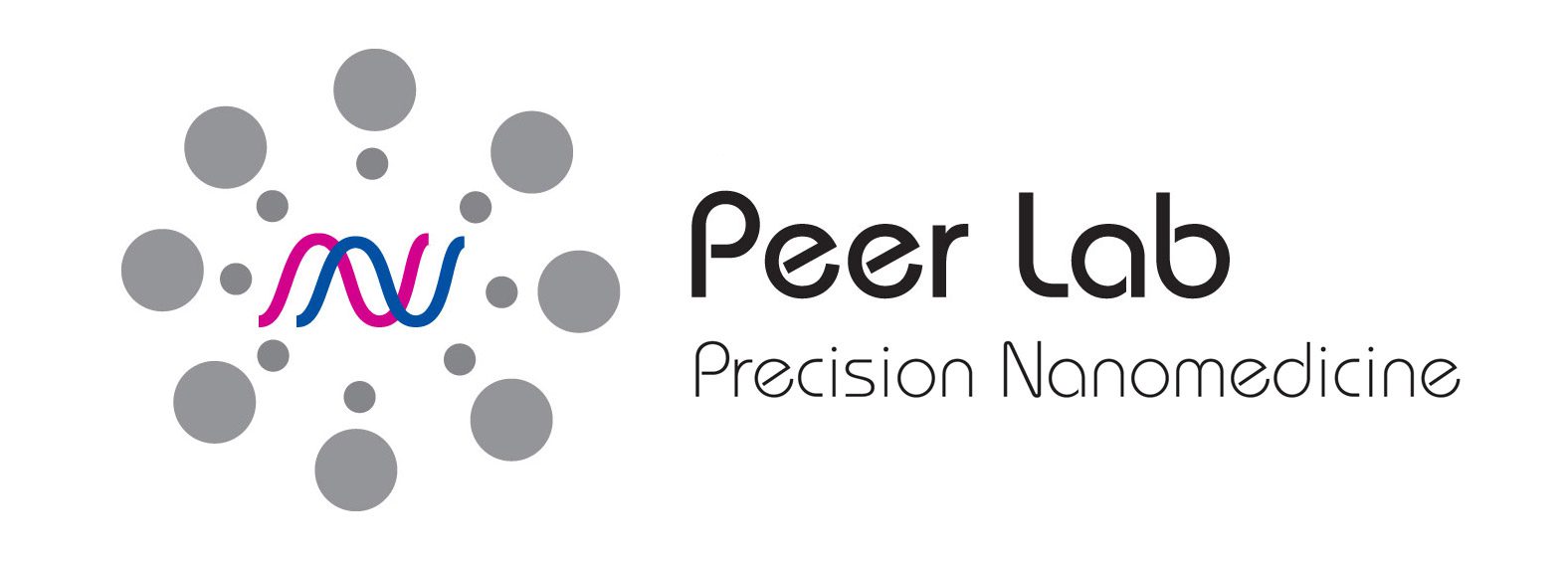Sci Adv. 2020 Nov 18;6(47):eabc9450
Daniel Rosenblum , Anna Gutkin , Ranit Kedmi , Srinivas Ramishetti , Nuphar Veiga , Ashley M Jacobi , Mollie S Schubert , Dinorah Friedmann-Morvinski , Zvi R Cohen , Mark A Behlke , Judy Lieberman, Dan Peer
Harnessing CRISPR-Cas9 technology for cancer therapeutics has been hampered by low editing efficiency in tumors and potential toxicity of existing delivery systems. Here, we describe a safe and efficient lipid nanoparticle (LNP) for the delivery of Cas9 mRNA and sgRNAs that use a novel amino-ionizable lipid. A single intracerebral injection of CRISPR-LNPs against PLK1 (sgPLK1-cLNPs) into aggressive orthotopic glioblastoma enabled up to ~70% gene editing in vivo, which caused tumor cell apoptosis, inhibited tumor growth by 50%, and improved survival by 30%. To reach disseminated tumors, cLNPs were also engineered for antibody-targeted delivery. Intraperitoneal injections of EGFR-targeted sgPLK1-cLNPs caused their selective uptake into disseminated ovarian tumors, enabled up to ~80% gene editing in vivo, inhibited tumor growth, and increased survival by 80%. The ability to disrupt gene expression in vivo in tumors opens new avenues for cancer treatment and research and potential applications for targeted gene editing of noncancerous tissues.

CRISPR-based cancer treatment destroys cancer cells
Israeli scientist edit genome to destroy cancer cells DNA- i24 news interview with Prof. Dan Peer
